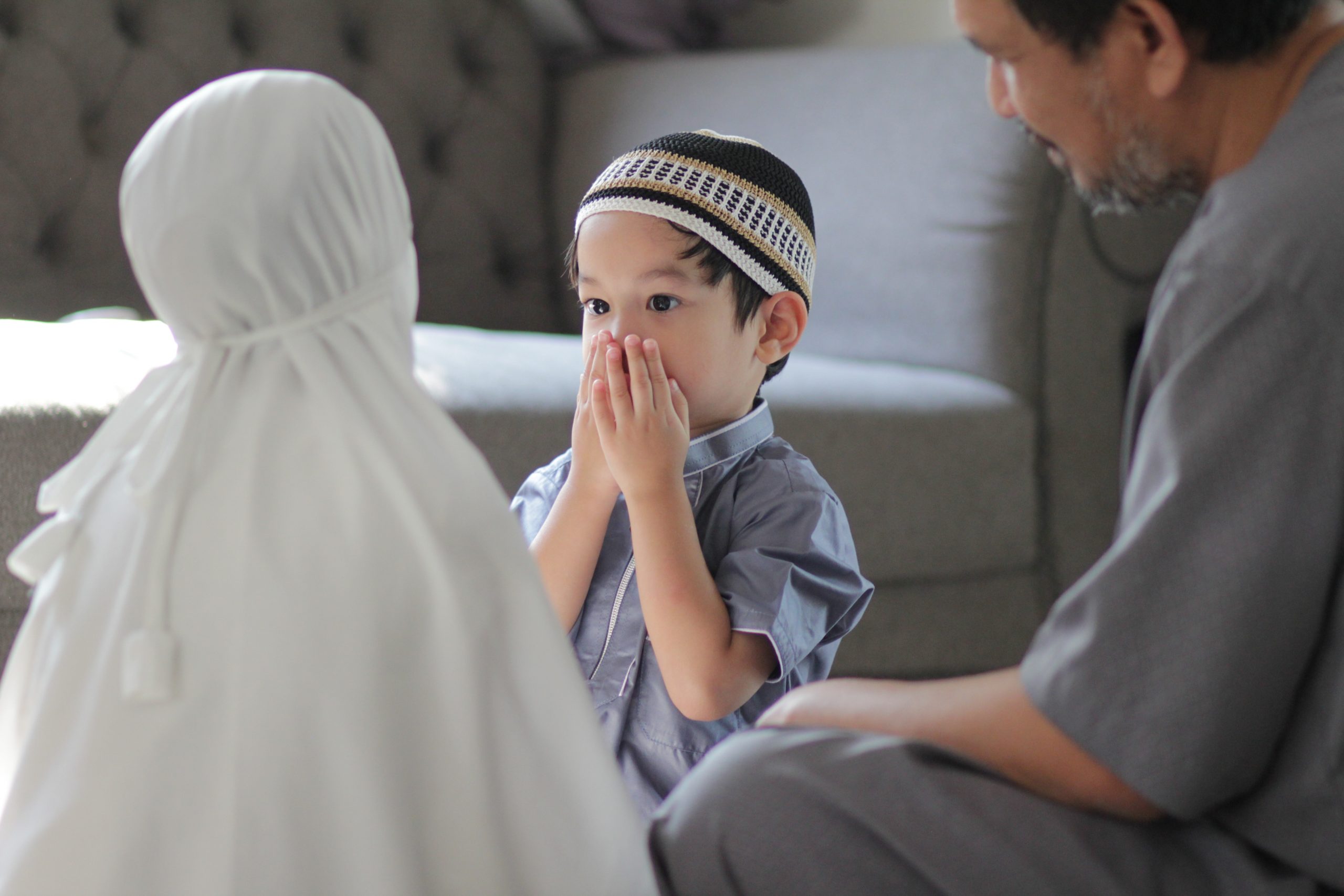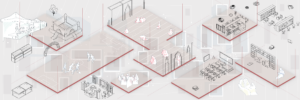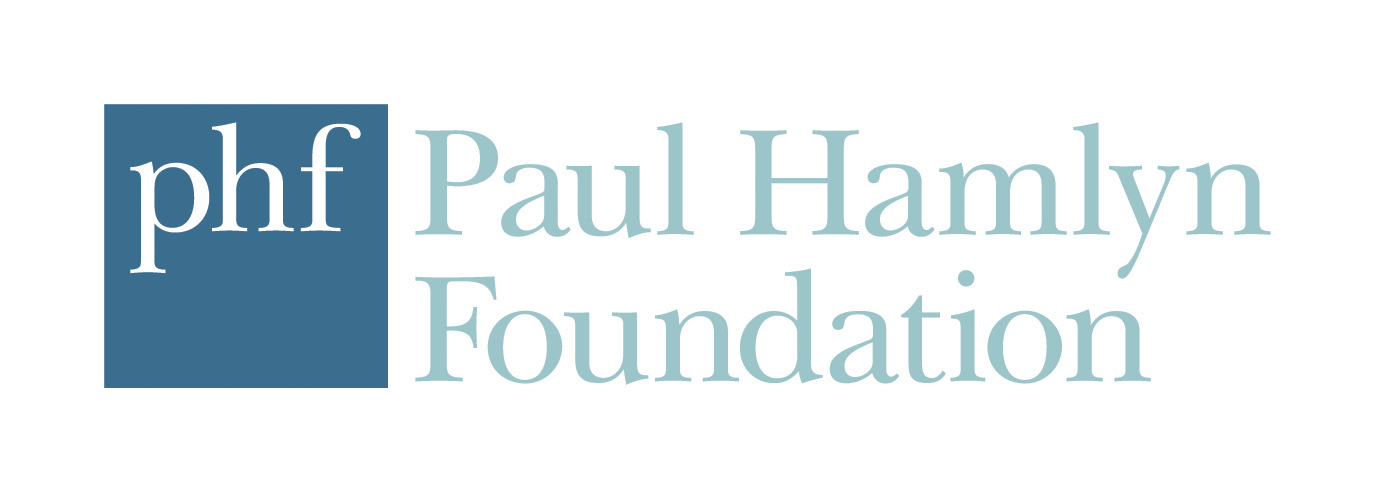Closing the gap: amplifying the support available from Islamic institutions to individuals, an introduction to Mimbar360.
The history of Mosques and their role within Islamic society is incredibly rich. Throughout the centuries, Mosques have evolved to provide more than a place of worship for Islamic societies. In fact, the history of the relationship between mosques and the communities they serve is abundant with examples of how mosques have provided holistic services to their communities across the world, including in areas of welfare, education, medicine, art and more.
In 1889, the Shah Jahan Mosque in Woking was built to serve some of the first Muslim communities in the UK. More than 130 years later, Muslims across the UK have access to thousands of purpose-built and converted mosques, but in their expansion, how well have mosques carried over Islamic values such as Ihsaan (excellence) and Amaanah (custodianship) in both their form and function, and what gaps remain for a rapidly growing Muslim community?
Well, part of Mimbar360’s mission is to address these gaps. Mimbar360.org is a digital platform that aims to identify and support the issues of accessibility and visibility of Mosques and Islamic centres, by facilitating a stronger connection between Mosques and Islamic institutions and the communities they serve.
So far in Mimbar360’s journey, we’ve collected some incredible data that sheds light on a whole host of issues Mosques in the UK are facing. We collated answers from 300 Muslims in the UK to understand the current accessibility climate. Here’s what we found:
Gender Accessibility
Gender accessibility is a prevailing issue in mosque spaces. In our recent survey, 36% of our 300 respondents cited inadequate services for women and the lack of inclusion in leadership roles and decision-making processes as a barrier.
One of Mimbar360’s goals is to establish an increased representation of women in these spaces in decision making roles, and help women build a relationship with Islamic faith-based institutions. One respondent told Mimbar360 that, “The main masjid in my area is basically for men, so I don’t really go unless it’s a family member’s janazah”. Another responded, “As a woman, I feel it is extremely difficult in my community to get involved in the masjids/Islamic centres to offer voluntary services for matters other than teaching Islamic classes. The masjids simply aren’t accessible for women outside of Islamic class hours”. These submissions clearly indicate and highlight the urgent need within our communities to break down these hurdles by looking at the past, present and architectural and design barriers in these institutions.
In response to these pressing issues, Mimbar360 aims to create a centralised digital community and a plan of action which aims to amplify and support Islamic institutions with both the individual and institution as target audiences to address these issues.
Mosques Websites and Online Engagement
Our research highlighted that only 1 in 3 mosques have user-friendly websites and social media accounts, with 71% experiencing a substandard user interface and experience as the main reason for poor user friendliness. It’s evident that mosques need to build diverse teams and user-friendly websites, and avoid producing inconsistent or low quality platforms that are difficult to find and non-functioning over time. The Covid-19 pandemic has undoubtedly brought to light, and no doubt exacerbated, society’s reliance on social media and the internet to remain connected. It is therefore imperative that institutions keep pace with the standard required to communicate with their online audience effectively.
The benefits of a good website cannot be underestimated, particularly as it improves overall credibility and boosts performance, resulting in long term user-engagement and growth opportunities. This can, in turn, lead to institutional survival in the future, especially in terms of fundraising needs for mosques. It’s important there is two-way communication for both community users and service providers!
Mimbar360 wants to address this by utilising technology within our current digital era trend and cultivating a digital community. Consequently, issues that Muslims face will be much easier to identify and solve because access to the solution would be at their fingertips.Online security and privacy is also a growing and crucial concern in the digital age. It is of paramount importance to Mimbar360 that the platform provides safe and reliable access to users on the basis of transparency and integrity, highlighting the shared values of these institutions and establishing an exchange of trust.
Barriers to Mosque Spaces; Imams, Knowledge and A Lack of Diversity
Other barriers that surround institutions include poor access to Imams and people of knowledge. This was pertinent in our findings which saw 6% of respondents raising this as an issue. Significantly, a couple of respondents voiced that this access is further weakened due to the lack of female representation within the institutions themselves. This is an area of concern for Mimbar360, as we value devotion to Islam. Tackling this barrier will therefore support Muslims in their journey to furthering their knowledge and gaining an understanding of their faith. By creating a knowledge bank that is accessible to leaders in these institutions that demonstrate how to make spaces relevant, usable and inclusive, it opens the way for collaborating with experts in their field to provide frameworks and recommendations for the appropriate measures to take place.
Communal solidarity and inclusivity were also an area of concern for 6% of our respondents. They highlighted issues of microaggression, racism and lack of diversity taking place in Mosque spaces, and cited them as barriers to attending Mosques and Islamic Centres regularly or at all. Notably, these experiences were voiced by Black Muslims from within the community. Whilst racism continues to plague society, Islam teaches Muslims to be void of it. Mimbar360 is passionate about creating safe spaces for individuals to share their stories with their communities, regardless of race, ethnicity, or gender. It is evident that respondents are in need of these safe spaces, which Mimbar360 can support institutions to create and provide with comfortable access.
Additional Services
Of our 300 participants, 95% said that they would like to see more services provided by their Mosque or service leader. 61% wanted to see support groups, including those for women and youth, and 58% wanted to see more community outreach initiatives. 52% also emphasised a need for Islamic history/art events. The survey has shown the need for social activities for the community and the importance of maintaining social sustainability. This means ensuring a space is well planned, inclusive, and offers opportunities and good services for all.
Whilst it should be noted that some institutions do provide such services, it is the lack of accessibility and knowledge of such services that Mimbar360 has identified as a gap within the community. We aim to provide a quality platform for the community to have access to these services, but also support Mosques and Islamic Centres to provide the best services possible, that are tailored to the needs of the community. This includes helping institutions to improve their infrastructure to facilitate those activities and create healthier spaces.
Ultimately, Mimbar360’s service responds to the needs of the community, with aims of helping mosques and other Islamic institutions to embrace technology and make the spaces fit for purpose for the community. Mimbar360’s goal is to utilise technology to make mosques the focal point and socially inclusive for communities. As a result we aim to encourage mosques to adapt in design so that they are fit for purpose for the community, as well as creating mosque spaces with wellbeing in mind.










